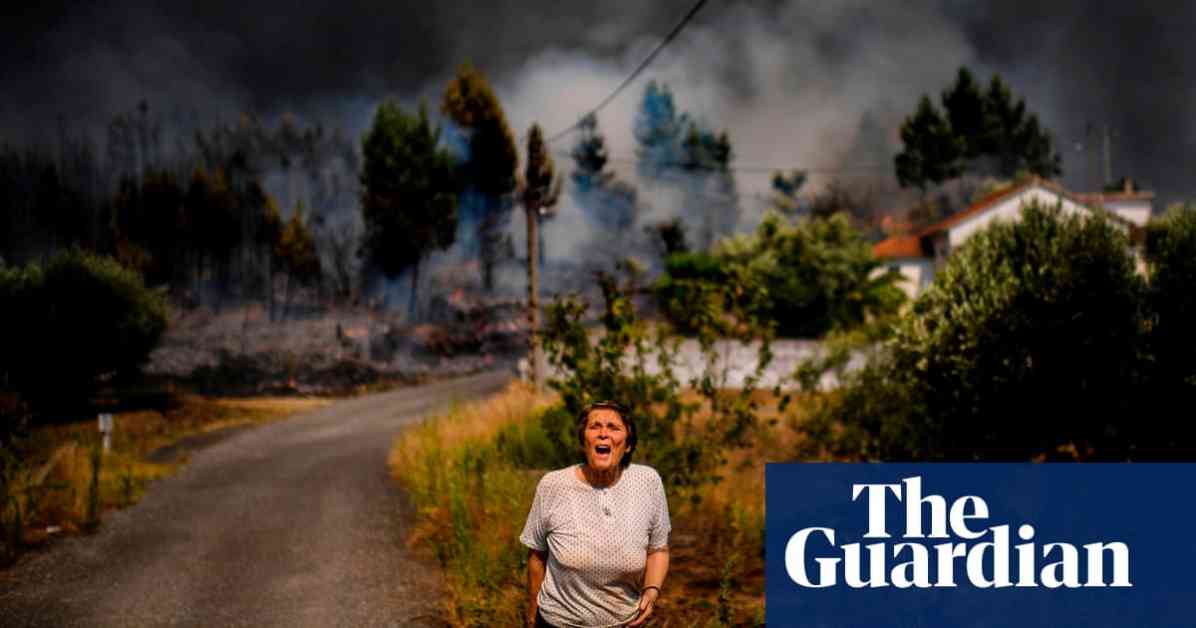A recent assessment has revealed that 24 heatwaves considered impossible in the past have hit communities worldwide. The impact of human-caused global heating on extreme weather is evident in these unprecedented heatwaves, which have resulted in loss of lives across North America, Europe, and Asia. Scientific studies show that without the additional heat trapped by fossil fuel emissions, these heatwaves would not have occurred.
Furthermore, research has indicated that millions of people, including thousands of newborn babies, have succumbed prematurely due to the effects of human-induced heat. In total, over 550 extreme weather events, including heatwaves, floods, storms, droughts, and wildfires, have been exacerbated by global heating, leading to devastating consequences.
A comprehensive database compiled by Carbon Brief highlights the urgent need for immediate action to address the climate emergency. The impacts of about 1.3C of global heating are already being felt, with projections indicating catastrophic outcomes at 2.5C to 3.0C. The call for deep cuts in carbon emissions and adequate funding for climate disaster protection is crucial to mitigate the escalating crisis.
The science of attribution, which determines the role of global heating in extreme weather events, has progressed significantly over the years. Today, researchers can clearly link climate change to the intensification of extreme weather, emphasizing the need for urgent intervention to prevent further damage.
The occurrence of impossible heatwaves underscores the drastic shift in climate patterns due to fossil fuel consumption. From the Mediterranean to Asia and Africa, regions are experiencing unprecedented heatwaves that pose a threat to human life and infrastructure. The increasing frequency and severity of extreme weather events highlight the unpreparedness of societies to cope with the changing climate.
Aside from the physical impacts of extreme weather, studies have also estimated the human cost of global heating. Tragically, thousands of lives, including newborns, have been lost due to heat-related deaths exacerbated by climate change. The financial toll of climate disasters, such as floods and hurricanes, has also been significant, underscoring the need for increased funding for climate resilience measures.
While the attribution studies provide valuable insights into the link between global heating and extreme weather, there are still regions of the world that remain understudied. The lack of data and scientific capacity in certain areas, particularly in the Middle East and North Africa, hinders a comprehensive understanding of the climate crisis’s full impact.
In conclusion, the evidence presented by the attribution studies leaves no doubt that human-caused global heating is driving extreme weather events with devastating consequences. Urgent action is needed to mitigate the effects of climate change and protect vulnerable communities from the growing threats posed by the climate crisis.












